Just because one accurately conveys study results, that should be no defense to causing a government payer to overpay -- for uses the FDA has not sanctioned. If truthful speech is always immunized, then there would be no crime called aiding and abetting a criminal conspiracy -- currently a felony. The idea is simply off the charts. . . silly. The founders would never have suggested the first amendment immunized what was otherwise a crime -- an action. Conduct is wildly different that advocacy-- that's black letter law. And it is the conduct here, that makes the crime (in my opinion).
In any event, here's a bit of the coverage, from the Law 360o article:
. . . .PhRMA’s logic, according to the government attorneys, would essentially create a constitutional right to intentionally cause others to defraud the government, so long as that’s achieved through speech.
“This radical position has never been endorsed by any court and is not supported by any precedent,” the DOJ said.
Further, by allowing companies to claim legal immunity for any truthful speech, courts would prevent the government from enforcing a wide range of laws, such as those prohibiting criminal conspiracies and anticompetitive collusion, according to Thursday’s brief.
“If a course of conduct were constitutionally protected as long as it was effectuated through the use of speech, vast areas of federal and state law would be invalidated,” the DOJ asserted.
Numerous FCA cases have been successfully waged against drugmakers accused of off-label marketing. Typically, there is some allegation that uses were not only unapproved but also lacking support in scientific literature. . . .
We should note that outright prohibitions on off-label marketing were curtailed in the wake of the U.S. Supreme Court’s 2011 ruling in Sorrell v. IMS Health, which now protects truthful and nonmisleading prescription drug marketing -- but does not allow defrauding the government in the process.

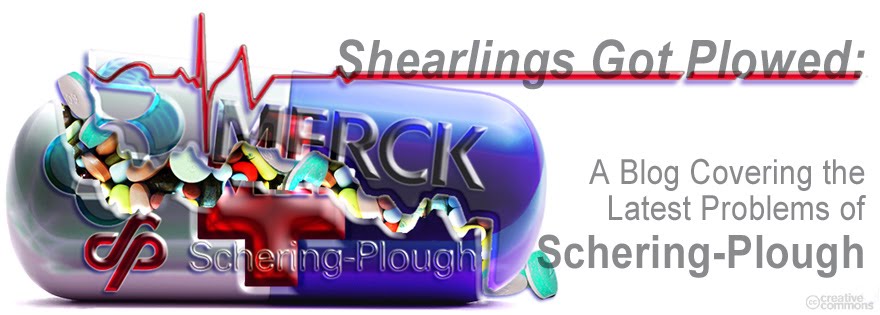







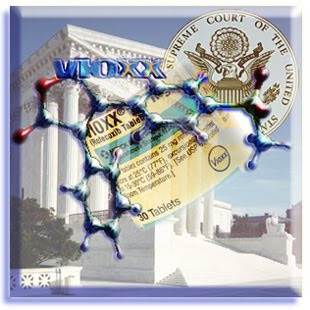

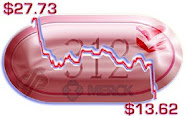

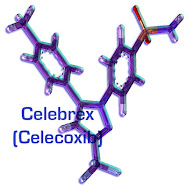
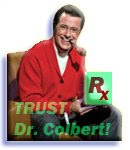
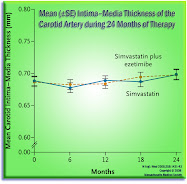


No comments:
Post a Comment